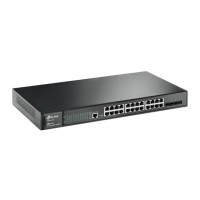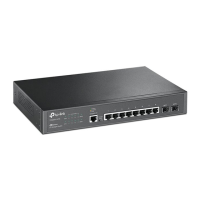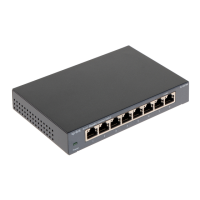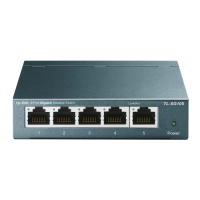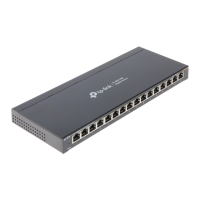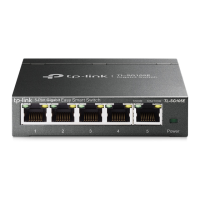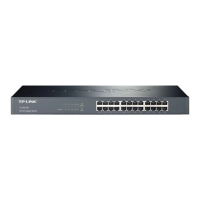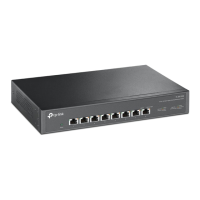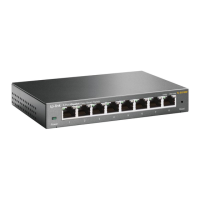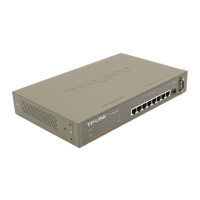Configuring OAM Ethernet OAM Configurations
User Guide
995
2.2.5 Verifying OAM Connection
On privileged EXEC mode or any other configuration mode, you can use the following
command to view whether the OAM connection is established with the peer. Additionally,
you can view the OAM information of the local entity and the remote entity.
show ethernet-oam status [ interface fastEthernet {
port
|
port-list
} |
interface gigabitEthernet {
port
|
port-list
} | ten-gigabitEthernet {
port
|
port-list
}]
View the OAM status and the relevant information of the specified port, including the local entity and the
remote entity.
The displayed OAM information of the local entity is as follows:
OAM: Displays whether OAM is enabled.
Mode: Displays OAM mode of the local entity.
Max OAMPDU: Displays the maximum size of OAMPDU.
Remote Loopback: Displays whether the local entity supports Remote Loopback.
Unidirection: Displays whether the local entity supports Unidireciton.
Link Monitoring: Displays whether the local entity supports Link Monitoring.
Variable Request: Displays whether the local entity supports Variable Request.
PDU Revision: Displays the PDU Revision of the local entity.
Operation Status: Displays the status of OAM connection, including:
Disable: OAM is disabled on the port.
LinkFault: The link between the local entity and the remote entity is down.
PassiveWait: The port is in passive mode and is waiting to see if the peer device is OAM capable.
ActiveSendLocal: The port is in active mode and is sending local information.
SendLocalAndRemote: The local port has discovered the peer but has not yet accepted or rejected the
configuration of the peer.
SendLocalAndRemoteOK: The local device agrees the OAM peer entity.
PeeringLocallyRejected: The local OAM entity rejects the remote peer OAM entity.
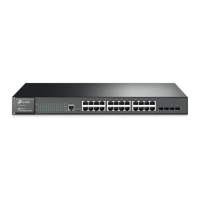
